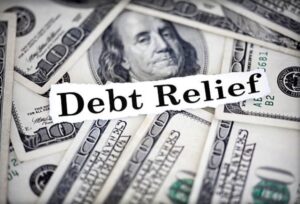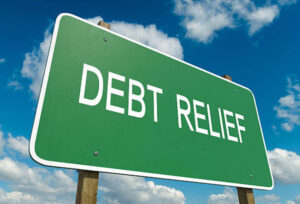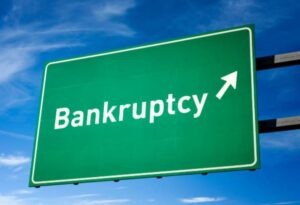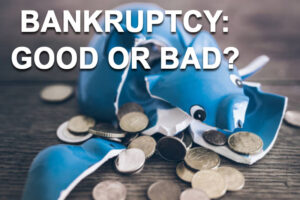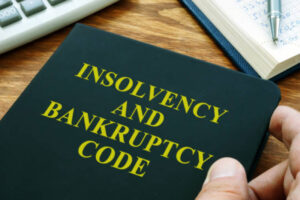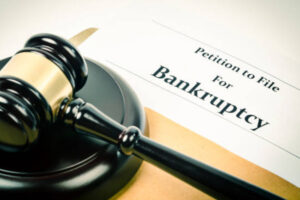Buried under a mountain of credit card statements, and feel like there’s no way out? Hold up!
Before you throw in the towel and declare bankruptcy, consider debt settlement—a lifeline that might just pull your credit score out of the trenches and into the sunlight.
What the heck is debt settlement anyway?
In the maze of financial jargon, debt settlement is your cheese at the end — it’s an agreement with your creditors to pay back a part of what you owe and have the rest forgiven.
Sounds pretty sweet, right? It’s like dieting but for your debts, where you end up paying just a portion and saying goodbye to the rest forever.
Is It Really That Easy?
Short answer: Nope.
Long answer: It comes with its fair share of complications.
Settling your debt can be a tug-of-war with your creditors, and if you don’t know what you’re doing, you might just come out of the battle looking worse than when you went in.
Settling your debt can be a tug-of-war with your creditors, and if you don’t know what you’re doing, you might just come out of the battle looking worse than when you went in.
So, How Do You Make Debt Settlement Work For You?
- Know What You Owe. Before you even think about bargaining with creditors, you need to have all your ducks in a row. How much do you owe? Who do you owe it to? Having this info will make you look prepared and serious when you make your move.
- Get Professional Help. No, not that kind of help—though you might feel like you need it! I’m talking about a debt settlement company that knows how to handle these kinds of negotiations. They’re like the negotiators in a hostage situation. Only you’re the hostage, and your debt is the kidnapper.
- Keep Your Goals Clear. What are you aiming to do? Lower your debt? Improve your credit score? Both? Nail down your goals early on because in the murky waters of debt settlement, it’s easy to lose sight of the shore.
Will Settling Debt Hurt My Credit Score?
Yes and no. Initially, your credit score might take a dip faster than a chip in dip at a party. This is because you’re not paying off your debts in full.
But on the flip side, if you’re swamped in unpaid bills, clearing them up through settlement can eventually make your credit score smile.
What’s the Catch With Debt Relief?
Debt relief isn’t a one-size-fits-all magic wand. It’s more like a tailored suit — it needs to fit your specific financial situation or it’s no good.
And here’s the kicker: if you mess it up, you could end up in more debt than when you started.
Yep, that’s right. More debt!
Can Debt Relief Programs Really Wipe the Slate Clean?
They can help, for sure. But wipe the slate completely clean? Not exactly.
Think of them as a giant eraser that can reduce the scribbles but might leave some smudges behind.
You’ll likely pay less than what you owe, stop the angry creditor calls, and maybe — just maybe — get a fresh start.
You’ll likely pay less than what you owe, stop the angry creditor calls, and maybe — just maybe — get a fresh start.
Why Isn’t Everyone Doing It?
Here’s the million-dollar question: If debt settlement and relief are so great, why isn’t everyone and their grandma doing it?
Because it’s risky, that’s why.
It’s not a guaranteed win, and sometimes, the consequences can turn your financial situation into a season finale cliffhanger.
So, Should You Dive Into Debt Settlement?
If your debt’s got you checking under your bed for repo men, then yeah, it might be time to give debt settlement a serious thought.
But remember, it’s not for the faint of heart:
- You need a solid plan.
- You’ve got to stick to it like glue.
- And hey, maybe get ready to celebrate a little when you finally see your credit score start to climb back up.
Bottom Line. It’s Not for Everyone, But It Could Be for You
Fixing your credit through debt settlement and relief is a bit like fixing a flat tire. It’s a hassle, it takes time, and you better have the right tools, or you’re going nowhere fast.
But get it right, and it’ll smooth out your ride and get you back on the financial freeway faster.
If you are not sure how to do this, it’s best to seek professional assistance from companies that specialize in debt settlement and relief.

